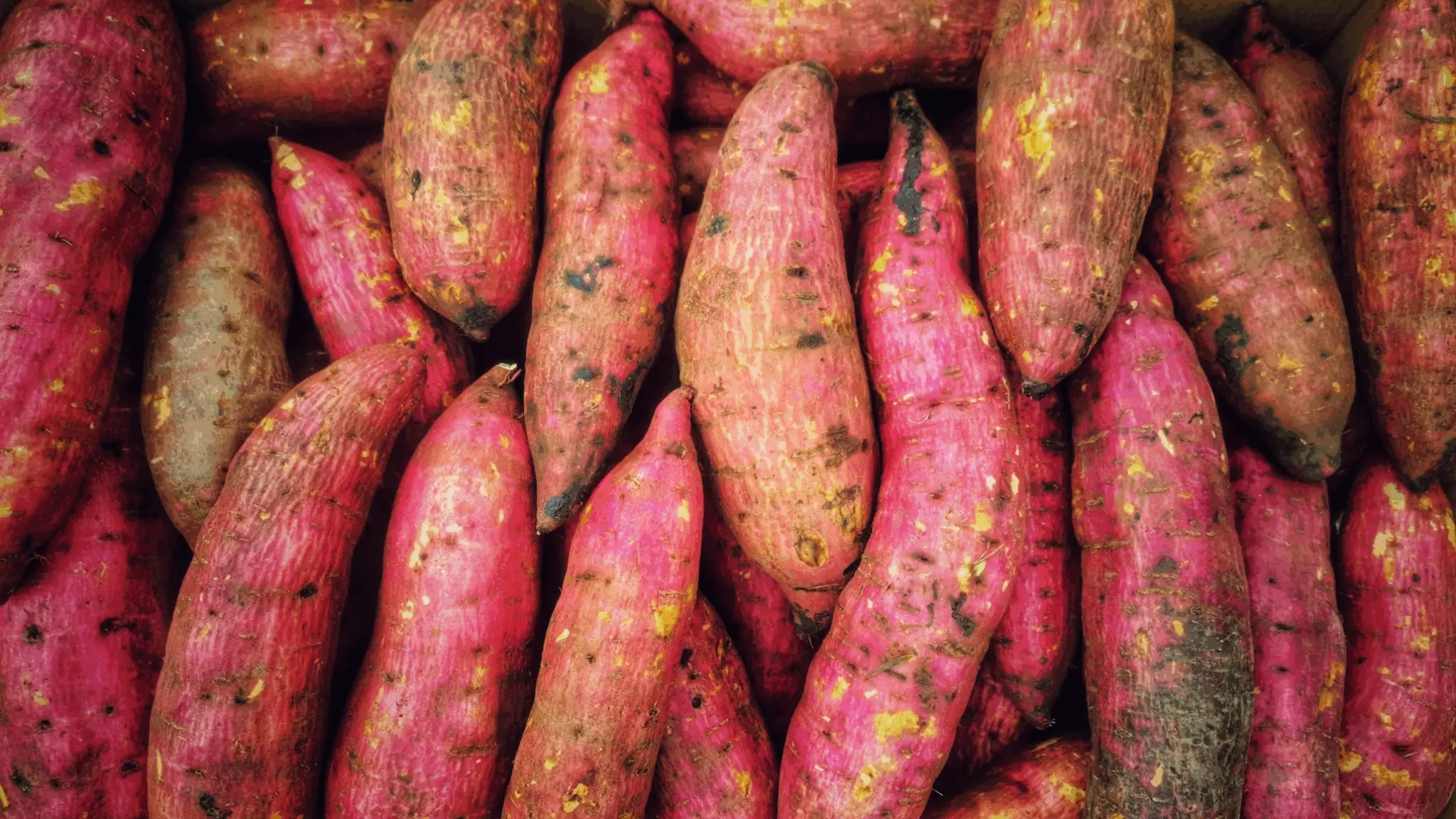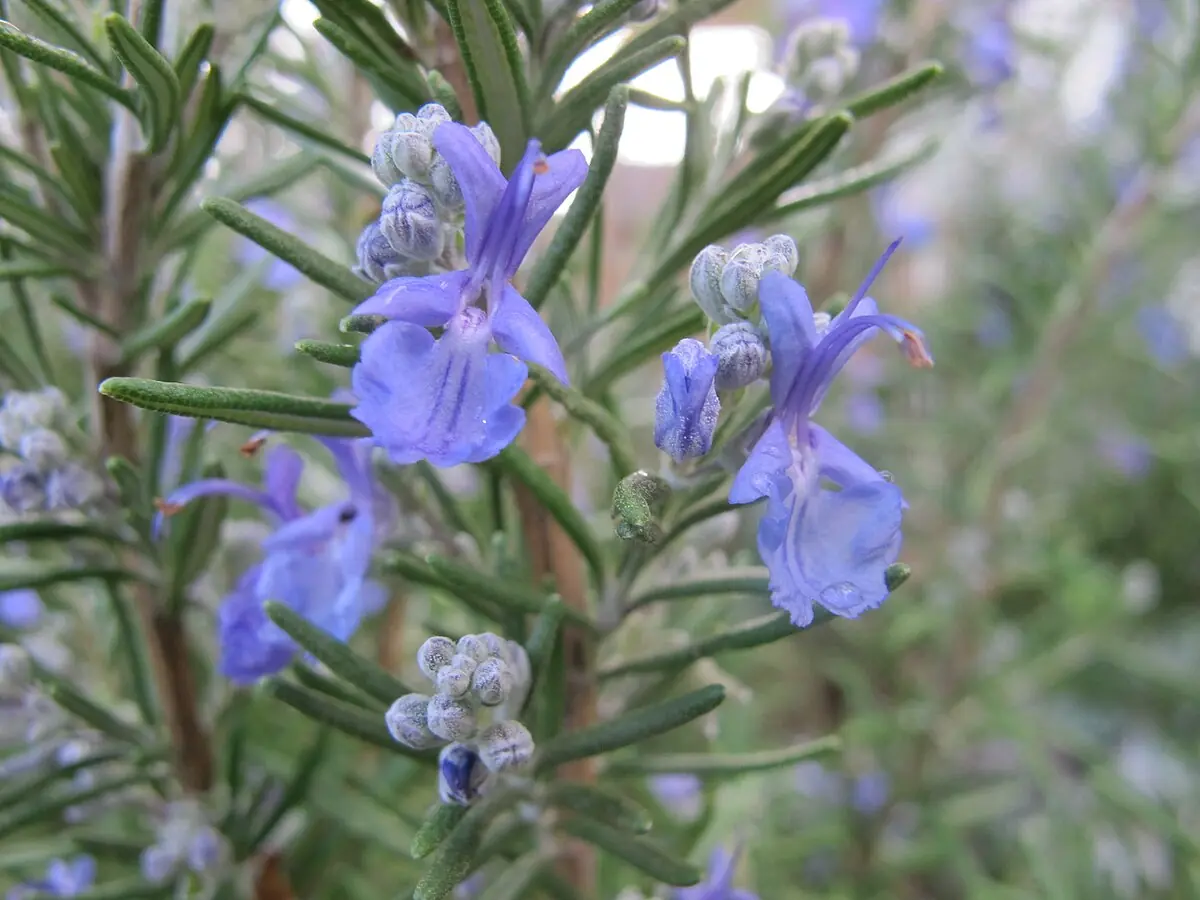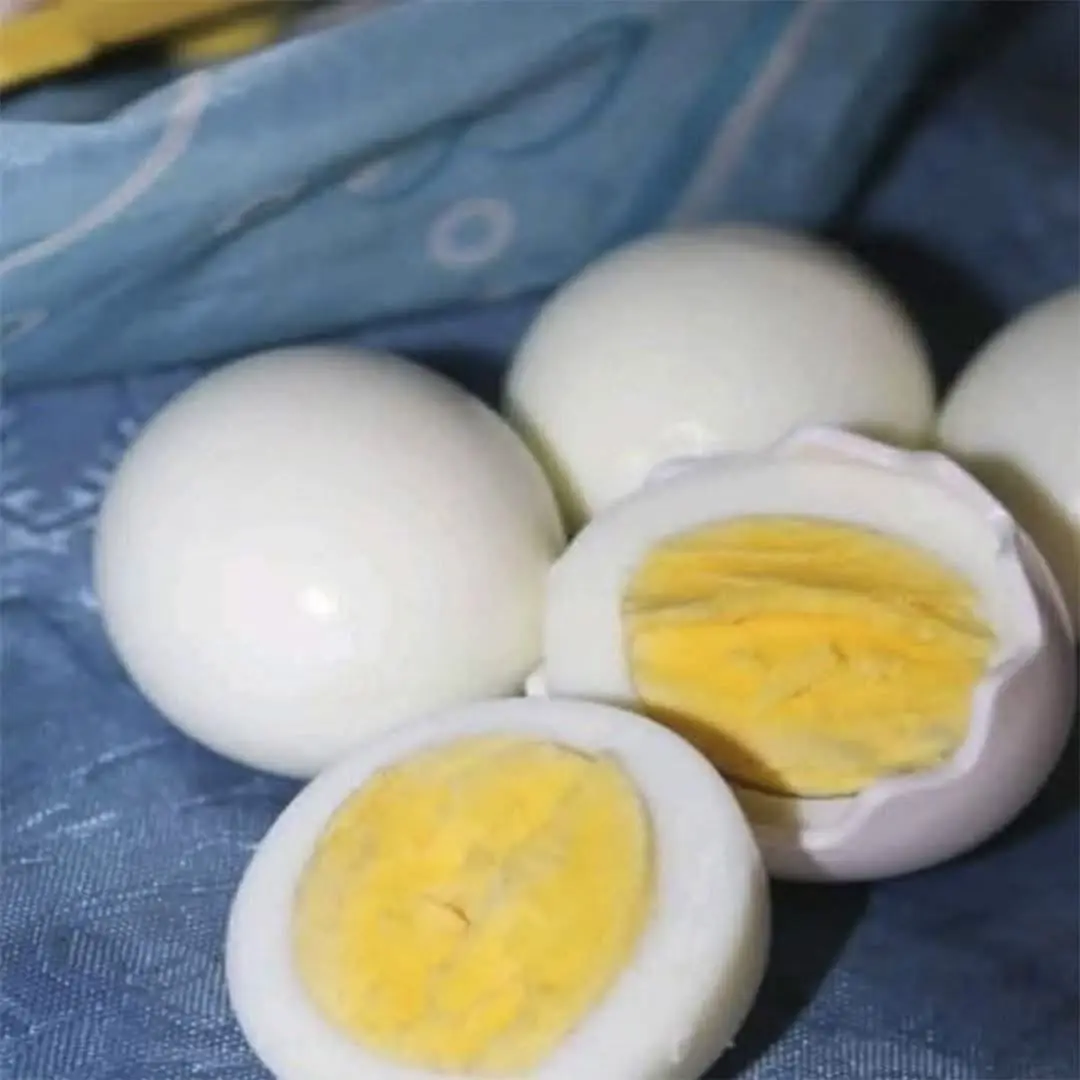
Never Store Cooked Rice in the Refrigerator Without Knowing This: The Hidden Danger No One Talks About

Rice is one of the most consumed foods worldwide due to its versatility, ease of preparation, and nutritional value. However, storing cooked rice in the refrigerator can be much riskier than you might think if not done correctly. Improper storage of cooked rice can lead to severe food poisoning caused by a bacterium that many people are unaware of. Below, we’ll explore what really happens when you store cooked rice in the fridge and how to avoid potential health risks.
The Real Danger Behind Stored Cooked Rice
Raw rice can contain Bacillus cereus spores, a bacterium that can survive high cooking temperatures. When cooked rice is left at room temperature or stored improperly, these spores can become active and multiply rapidly, producing toxins that are harmful to the body.
Why is this a problem?
Even if you reheat the rice, the toxins produced by Bacillus cereus are heat-resistant and cannot be eliminated by reheating. This can lead to food poisoning symptoms such as:
✅ Nausea
✅ Vomiting
✅ Stomach pain
✅ Diarrhea
The risk is even higher if rice is left at room temperature for more than two hours before refrigerating, as bacteria multiply rapidly during this time.
How to Store Cooked Rice Safely
To prevent Bacillus cereus growth and reduce the risk of food poisoning, follow these important tips for storing cooked rice safely:
1. Cool the Rice Quickly
After cooking, let the rice cool at room temperature for about 30 to 60 minutes. If cooling takes longer, bacteria may begin to grow.
2. Store Rice in an Airtight Container
Once cooled, transfer the rice to an airtight container to prevent exposure to air and cross-contamination.
3. Refrigerate Immediately
Store the rice in the refrigerator at 4°C (40°F) or lower. This slows down bacterial growth and keeps the rice safe for longer.
4. Consume Within 24 to 48 Hours
Although rice can be stored in the fridge for up to four days, it’s best to consume it within the first 24 to 48 hours to ensure freshness and safety.
5. Reheat Properly
If you choose to reheat rice, make sure its internal temperature reaches at least 75°C (165°F). If you notice an unusual smell or sticky texture, discard the rice immediately.
What Happens If You Freeze Cooked Rice?
If you don’t plan to eat the rice within 24 hours, a safer alternative is freezing it. Here’s how to properly freeze cooked rice:
✔️ Cool the rice quickly after cooking.
✔️ Store in freezer-safe containers or bags.
✔️ Label the container with the storage date.
✔️ Frozen cooked rice can last up to three months in the freezer.
✔️ To thaw, use the refrigerator or microwave—never defrost at room temperature.
Why This Method Prevents Food Poisoning
The key lies in rapid cooling and proper storage. Bacillus cereus grows rapidly at temperatures between 5°C and 55°C (41°F–131°F). By quickly cooling rice and storing it in the fridge or freezer, you significantly reduce the risk of bacterial spores activating and producing dangerous toxins.
Storing cooked rice in the refrigerator is common, but if not done correctly, your health could be at risk. It’s crucial to cool rice quickly, store it in airtight containers, and consume it within 24 to 48 hours. If you doubt the rice’s freshness or notice an odd smell, it’s best to discard it to avoid food poisoning.
Follow these tips and enjoy your cooked rice safely and deliciously! 🍚
News in the same category


If Your Kidneys Are in Danger, Your Body Will Send You These 8 Signals — Don’t Ignore Them

The Surprising Effects of Avocado on Your Heart and Brain

Natural Remedy for Cataracts and Eye Inflammation: Restore Your Vision Naturally

Unlock the Golden Magic of Corn Silk Tea

9 Powerful Home Remedies to Get Rid of Fungal Infection (Daad, Khaj, Khujli) Fast

7 Shocking Health Benefits Of Eating Sweet Potatoes Every Day — According To Science

About 15 Minutes Before a Stroke, the Body Often Sends 4 Clear Warning Signs — Call Your Loved Ones Immediately

Hidden Dangers in Your Mouth: Early Signs of Oral Cancer

The Secret Power Of The Herb That Helps You Age Gracefully

The Unexpected Benefits of Eating Chicken Feet

If You See Someone with “Blue Veins,” Tell Them This — It Could Save Their Life

The Secret Power of Two Eggs a Day: Could This Simple Habit Transform Your Health? Buy vitamins and supplements

Man Passed Away After Eating Eggs — Stop Eating Eggs This Way Immediately

8 Foods That Fight Tumors — Eat Them Regularly

Does Eating Bananas Before Bed Have Any Benefits?

The Tongue as a Health Indicator: Meaning of a Whitish Color

Benefits of Boiled Eggs: Nutrition and Healthy Recipes

5 early warning signs of cervical cancer

7 Innocent Mistakes That Get Your Kidneys in Big Trouble
News Post

WHAT HAPPENS WHEN WE TONGUE KISS…See more

Nature’s Secret: 4 Healing Leaves That Support Metabolism, Immunity & Circulation Naturally

Don’t Drink Coconut Water Before You Know These 11 Secrets!

Pumpkin Seed Milk — The Natural Parasite Cleanser

Fast Rice Water Trick for a Brighter Smile

Morning Drink to Revive Your Kidneys Fast

The Onion Recipe That Could Transform Your Blood Sugar, Support Cleaner Arteries, and Protect Your Heart!

Top 4 Fruits That Help Your Kidneys Flush Out Toxins While You Sleep

Ginger, Clove, and Honey: The Natural Trio Your Body Will Thank You For

Heal 15 Years of Joint Pain Naturally with Turmeric and Honey Tea

This Juice Revived My Grandma’s Energy — Say Goodbye to Fatigue and Body Pain with This Natural Recipe

The Benefits of Eating 2 Boiled Eggs Every Morning: Transform Your Health!

If Your Kidneys Are in Danger, Your Body Will Send You These 8 Signals — Don’t Ignore Them

The Surprising Effects of Avocado on Your Heart and Brain

Ways to Get Over a Man Who Didn’t Value You

I’m 66 but Look 36 — My Secret? Aloe Vera & Ginger for Firm, Smooth Skin

How to Make Okra Water to Treat 17 Health Problems Naturally

Banana and Egg Mask to Look Younger Even in Your 80s

Scent Leaf Secrets Unveiled: 10 Surprising Health Benefits of This Miracle Herb
